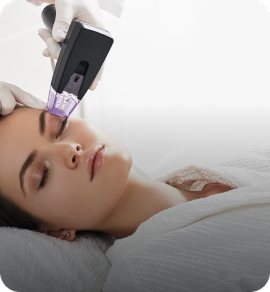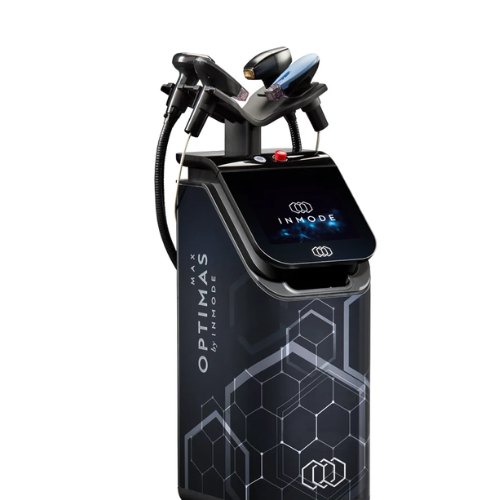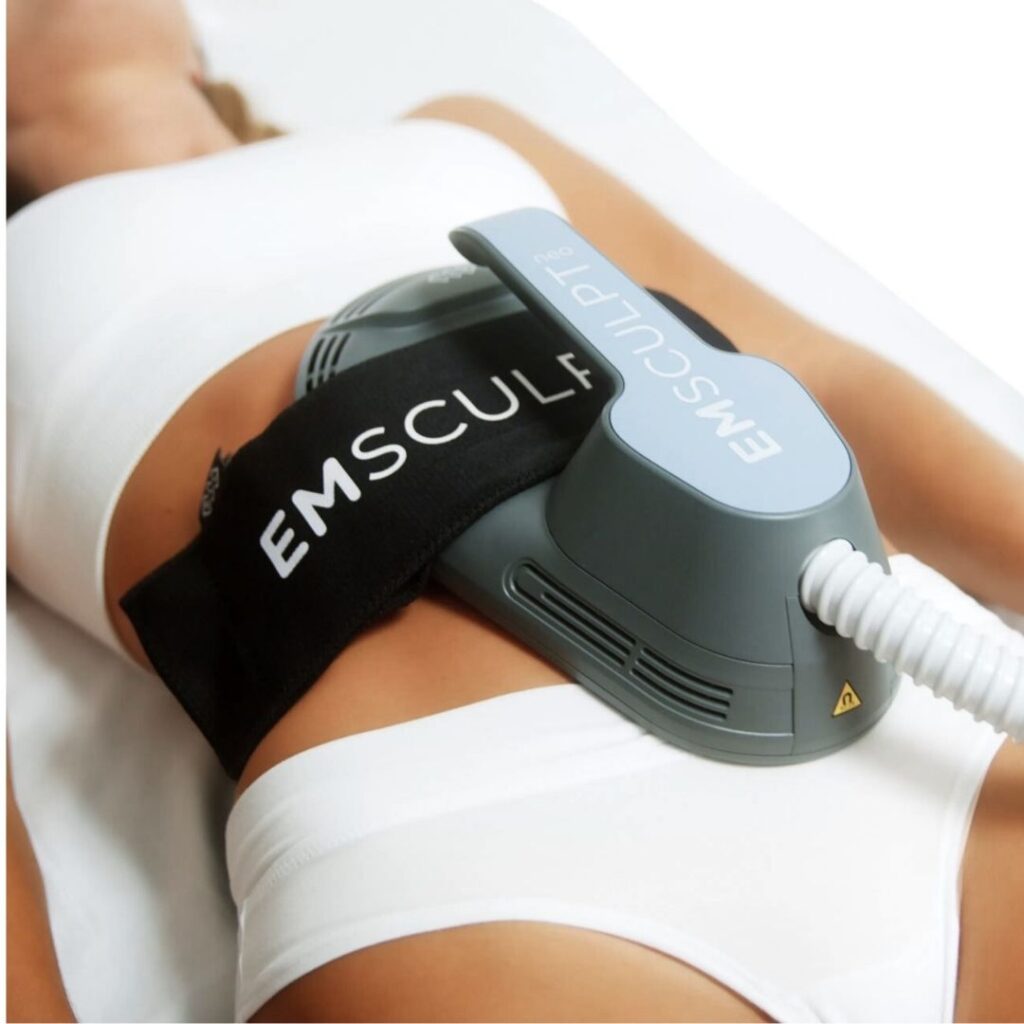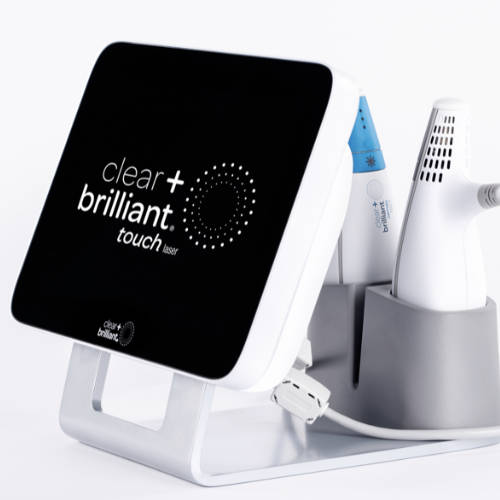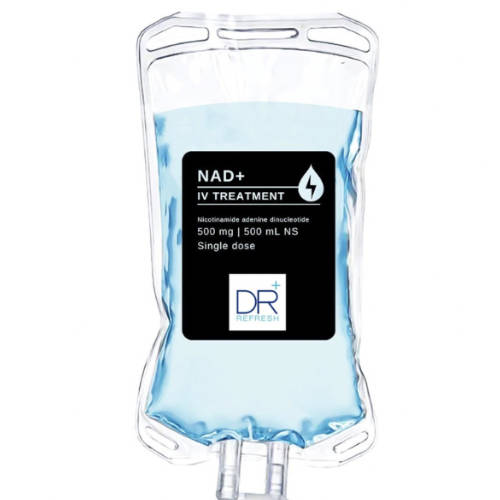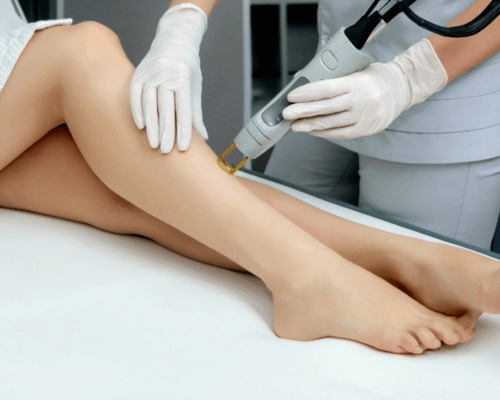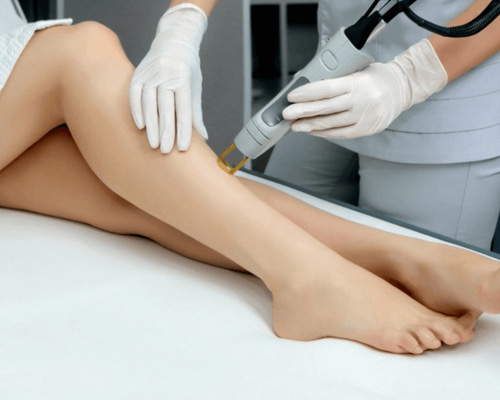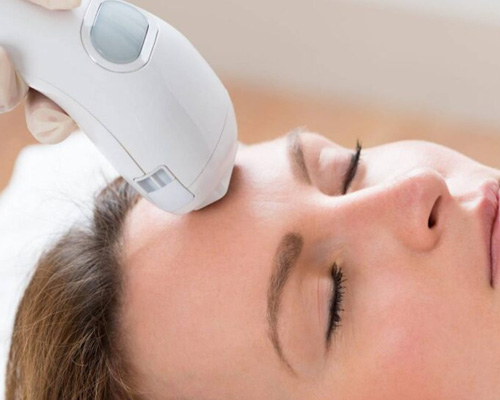Understanding stress and its impact
Stress can lead to acne breakouts, skin inflammation, and accelerated aging. According to the American Academy of Dermatology, stress can worsen skin conditions such as eczema and psoriasis. It can also impair the skin’s ability to heal. In addition, stress causes the body to produce more cortisol, which can increase oil production in the skin and lead to acne. To achieve healthy, glowing skin, it’s important to manage stress effectively.
 Identifying stress triggers
Identifying stress triggers
Identifying stress triggers can help you take steps to manage and reduce stress, which can have a positive impact on your skin. Here are six science-backed tips for identifying stress triggers to promote healthy, glowing skin:
- Keep a stress journal to track situations or events that lead to feelings of stress.
- Pay attention to physical signs of stress, such as muscle tension or headaches, that may indicate specific triggers.
- Notice any patterns in your mood or behavior when you’re feeling stressed, such as irritability or difficulty sleeping.
- Consider how external factors, such as work deadlines or relationship conflicts, contribute to your stress levels.
- Take note of your thoughts and emotions during stressful situations to identify recurring stress triggers.
- Seek professional help if you’re struggling to identify and manage stress triggers on your own.
Creating a stress management plan
When it comes to managing stress for healthier skin, there are a few science-backed tips you can follow:
- Practicing mindfulness techniques such as meditation, deep breathing, or yoga can help reduce stress levels and promote glowing skin.
- Regular physical exercise, like walking, running, or cycling, is an effective way to lower stress and support skin health.
- Getting enough quality sleep is crucial for skin rejuvenation, so aim for 7-9 hours of sleep each night.
- Eating a balanced diet rich in fruits, vegetables, and whole grains can help to combat stress and improve skin appearance.
- Engaging in stress-relieving activities such as hobbies, spending time with loved ones, or enjoying nature can positively impact skin health.
- Finding professional help through counseling, therapy, or support groups can provide valuable tools for managing stress and achieving radiant skin.
Relaxation techniques to reduce stress
Learning relaxation techniques can help reduce stress, which in turn can improve your skin’s health and appearance. Here are some science-backed tips on relaxation techniques:
- Deep Breathing: Practicing deep breathing exercises can help calm your mind and reduce stress levels.
- Meditation: Engaging in regular meditation sessions has been shown to reduce cortisol levels, a stress hormone that can negatively impact the skin.
- Yoga: Participating in yoga classes can help reduce stress and promote relaxation, contributing to healthier skin.
- Progressive Muscle Relaxation: This technique involves tensing and then relaxing various muscle groups in the body to release tension and reduce stress.
- Mindfulness: Being mindful and present in the moment can help lower stress levels and improve overall well-being.
- Aromatherapy: Certain scents, such as lavender and chamomile, have been shown to have calming effects, making them effective tools for stress reduction.
Incorporating lifestyle changes for mental health
One way to improve mental health is by incorporating lifestyle changes. Some simple tips include prioritizing sleep, exercising regularly, reducing screen time, practicing mindfulness and meditation, eating a balanced diet, and maintaining social connections. These changes can have a positive impact on your mental well-being and contribute to healthy, glowing skin.
Seeking professional help when needed
If you’re struggling with persistent skin issues or need specialized treatment, don’t hesitate to seek professional help from a dermatologist or skincare expert. They can assess your skin’s condition, provide tailored recommendations, and offer advanced treatments that may not be available over the counter. Professional guidance can make a significant difference in addressing concerns such as acne, eczema, rosacea, or signs of premature aging. Remember, your skin is unique, and seeking professional help when needed can lead to healthier, glowing skin.
The role of exercise and diet in stress reduction
Engaging in regular exercise and maintaining a healthy diet can help in reducing stress levels. Physical activity triggers the release of endorphins, also known as “feel-good” hormones, which can alleviate stress and improve mood. A balanced diet with adequate nutrients such as omega-3 fatty acids, vitamin C, and antioxidants can also contribute to stress reduction. Consuming a variety of fruits, vegetables, whole grains, and lean proteins can help in maintaining overall health and promoting a sense of well-being.
Building a support system
Having a strong support system can help you maintain healthy habits and boost your confidence. Here are some ways to build a supportive network for your skin health:
- Surround yourself with people who encourage your skincare routine and healthy lifestyle.
- Seek out online communities, such as social media groups or forums, where you can connect with others who share similar skin health goals.
- Consider talking to friends and family about your skincare journey and share any concerns or goals you have.
- If you’re struggling with skin issues, don’t be afraid to seek support from a professional, such as a dermatologist or skincare expert.
- Remember, having a support system can make a difference in your journey towards healthy, glowing skin.
Implementing mindfulness and meditation
Mindfulness and meditation can positively impact your skin health by reducing stress and promoting relaxation. This can lead to fewer breakouts and a more radiant complexion. Research has shown that practicing mindfulness and meditation can help reduce inflammation, which is linked to skin conditions such as acne, eczema, and psoriasis. Additionally, these practices can improve overall skin tone and texture by increasing blood flow and promoting a healthy, glowing appearance. Start incorporating mindfulness and meditation into your daily routine for the benefit of your skin.
Conclusion and recap
In conclusion, maintaining healthy and glowing skin involves adhering to a good skincare routine, staying hydrated, eating a balanced diet, protecting your skin from the sun, getting enough sleep, and managing stress. These science-backed tips can help you achieve the radiant and healthy skin you desire. Remember to be consistent with your skincare regimen and make these tips a regular part of your lifestyle for the best results.




